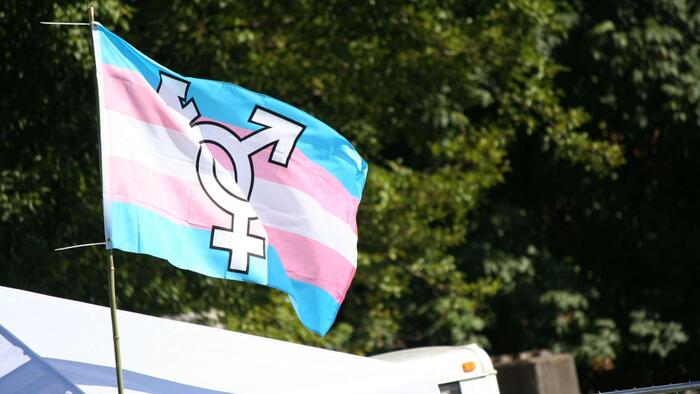A recent report by the United Nations highlights a troubling trend in sports where female athletes are losing out on nearly 900 medals due to the participation of biological males identifying as “transgender.” Authored by Reem Alsalem, the UN Rapporteur on Violence Against Women, the report titled “Violence against women and girls in sports” indicates that over 600 female athletes have been denied opportunities in over 400 competitions spanning 29 different sports. The data compiled for this study extends through March 30th of this year, underscoring a significant issue where the introduction of mixed-sex categories has adversely affected women in competitive sports.
The report points to specific incidents that exemplify these findings. Notably, the Ladies Professional Golf Association’s (LPGA) recent decision to allow a male golfer to participate in its tournament has drawn criticism from within the female golfing community; 275 female golfers expressed their opposition in an open letter, deeming the decision unfair. This has raised questions about fairness and equality in sports, as the presence of biological males in women’s categories undermines the competitive integrity that female athletes have fought for over the years.
Furthermore, controversies have emerged in colleges, exemplified by the San Jose State University women’s volleyball team, which has experienced forfeitures due to the inclusion of a male player named Blaire Fleming. The physical disparity became evident when Fleming’s aggressive play injured a rival team member, spotlighting the risks female athletes face when competing alongside biological men. One student, Brooke Slusser, has even filed a lawsuit against the NCAA, alleging that she was compelled to share intimate facilities with a male athlete without prior awareness of his biological gender.
Advocates for female athletes are increasingly vocal about the implications of these policies. Riley Gaines, a former swimmer and prominent critic, emphasized the dangers of allowing biological males in women’s sports, showcasing a growing concern about exploitation and safety in locker rooms and competitions. Gaines and others argue that even one incident of a female athlete being forced to compete against a male is one too many. This sentiment encapsulates the broader frustration felt by many female athletes who believe their rights and opportunities are being undermined.
In response to mounting criticisms, several international sports organizations and over two dozen American states are moving to impose restrictions on transgender participation in women’s sports. These actions indicate a recognition of the need for protecting female athletes’ interests and maintaining fair competition. The push for reform reflects a much broader dialogue about gender identity, sportsmanship, and the rights of women in athletics, igniting contentious debates around Title IX and equal protection under the law.
As this situation continues to unfold, it underscores a fundamental clash between advancing societal acceptance of transgender rights and preserving the integrity and opportunities for women in sports. The UN report serves as a pivotal reminder of the urgent necessity for a fair and equitable approach to competition while advocating for the protections of female athletes. The ongoing discourse will likely influence policies and practices in sports for years to come, raising critical questions about how society defines categories within competitive sports and who ultimately benefits from these definitions.

